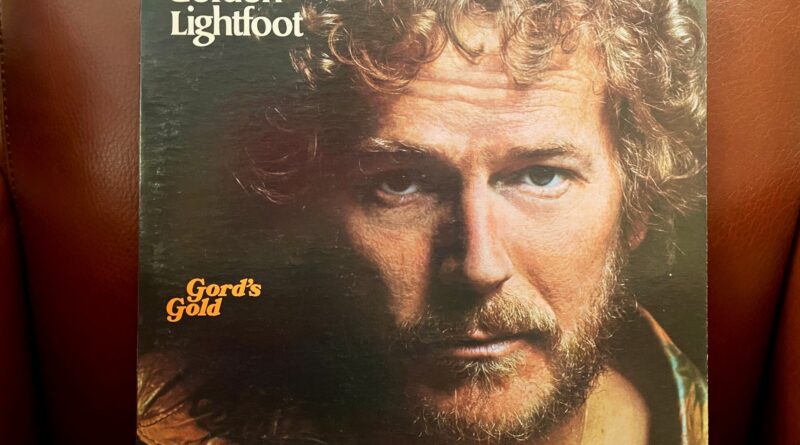The Minstrel of the Dawn
Like many artists, this musician was often overlooked by the general public. I guess that makes sense; he didn’t employ the gimmicks or the flash of many contemporary bands. While the opposite of the Elton John’s and Lady Gaga’s of the world, he was still strangely not as popular as close friends and musical companions Joni Mitchell and Bob Dylan.
Gordon Lightfoot passed away a couple years ago now. May 1st of 2023. He was 84. Not bad for a musician, as their longevity is usually muted by the demands and lifestyle of the profession. His was a productive life. He was a prolific songwriter and one Bob Dylan greatly admired. “I always wished every Lightfoot song would last forever. There isn’t one Gordon Lightfoot song I don’t like.” He also noted his great admiration for Gordon, saying “Lightfoot became a mentor for a long time. I think he probably still is to this day.”
Producing forty-five albums, selling over 10 million of them, and writing nearly 300 songs over six decades, he is still, somehow, overlooked. There is a long list of professional peers who admired, praised and emulated his work. Joni Mitchell, Dylan, Billy Joel, Neil Young, Jimmy Buffet are among the many. Dan Fogelberg, and many others who tried to write sailing or seagoing songs, went to him for advice.
Kris Kristofferson once said, “Gordon Lightfoot has created some of the most beautiful and lasting music of our time. He is Bob Dylan’s favorite singer/songwriter – high praise from the best of us, applauded by the rest of us.”
So why does this icon of the craft of songwriting remain relatively unknown, especially to younger generations? I think the answer lies in his adherence to writing as he believed it should be accomplished. There wasn’t a formula; you knew it was a Lightfoot song when you heard his rich baritone, his use of unusual chords and the wonderful chord progressions that invariably followed. And there was always the twelve-string guitar.
He didn’t settle for formulaic rock ditties that could garner him hits. His songs were melodic and rich, thoughtful, introspective; there was gravitas in the words, the delivery. Many of his tunes didn’t even have drums. Those characteristics are not typically found in a hit rock song.
“People always ask me,” he said, “…what the formula is. I have never been able to simplify the answer, except to say there is a willpower, a drive, that makes one sit down at the table and get it done. The songs don’t just pop off the top of your head while you’re walking down the street! There is no special trick to it. It’s a kind of energy that will not be suppressed. You do it, or you don’t do it at all.”1
It was often difficult to strictly categorize his recordings. They seemed like folk or country but were often thought of as square pegs trying to fit round holes; they didn’t fit nicely into the usual light and careless mantra of a rock station playlist. Still, his music was strong enough to persist over six decades with a devoted following. The near universal admiration of his peers didn’t hurt.
I first discovered him as a junior in high school with his sixth album, Sit Down Young Stranger. It was 1970, the same year Carol King and James Taylor made it big. He seemed to fit right in that genre of orchestrated folk music that provided an almost melancholy, thought-provoking finality to careless actions and bad decisions. Simon & Garfunkel’s Bridge Over Troubled Water, the individual albums of the broken-up Beatles, and Emerson, Lake & Palmer all debuted that year.
Why am I using up so much space about a songwriter now gone? Because he was an extraordinary writer, a great lyricist. He put his heart into every song; I could feel the effort, the pain of the songwriting process. Yet, the music had a soothing, it’ll be okay overtone. There was a heroism to his singing and his songs. He had a wonderful, melodic, rich baritone voice. He was easy to listen to. His twelve-string guitar was so lovely; I wager the majority of his songs included one.
I lament the loss of such a fine artist, one I very much enjoyed and still do today. His songs have a way of rolling off the tongue, of bounding down the highway. This journey of life is in those songs. In their sometimes sad way, they support me. And I love to sing along, to feel the surge of emotion they ignite. Not just the words, but the music. He was among the best, according to the best. So long, Gordon. I’m forever grateful for what you left to share with us. I only regret more people have not experienced your music.
- Inside jacket, Gords Gold Album, Warner Bros. Records, 1975. ↩︎




